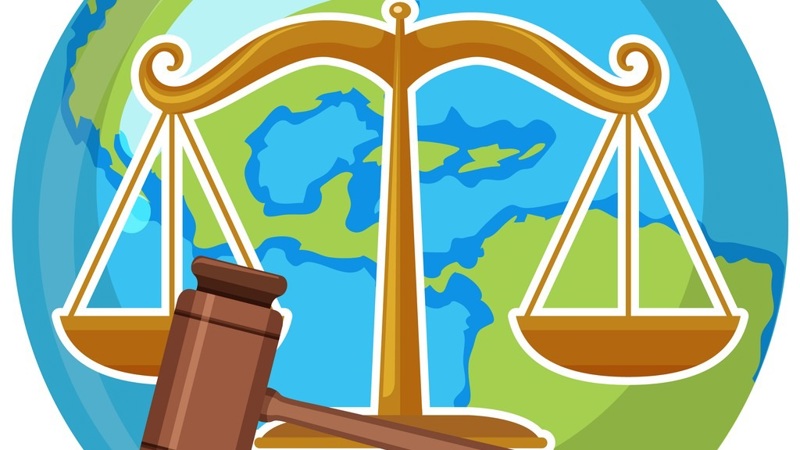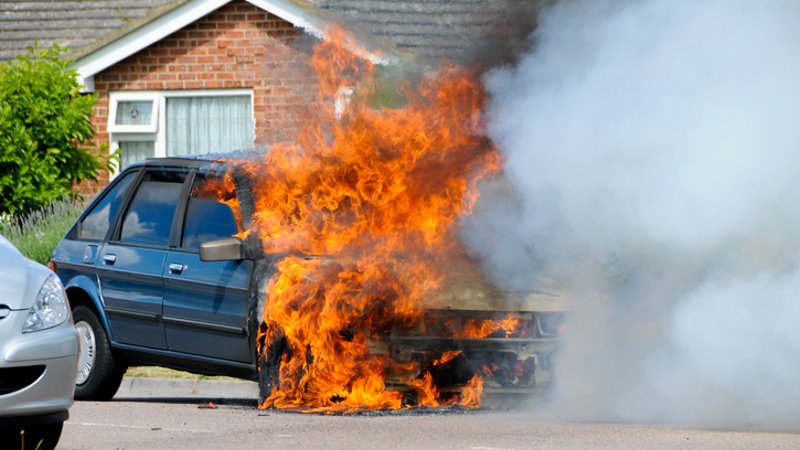Liability
Breach of contract
Companies, on a daily basis, conclude many agreements/contracts with other companies or private individuals. By doing so, a company takes on obligations. If a company, in light of those obligations, makes an error, which causes the counter party to incur damages, the liability insurance is often addressed. Van Traa’s lawyers mostly act for private persons and companies who have been held liable, as well as their insurers.
Tort
In the event that there is no contract/agreement between parties, but a person or a company causes, either by acting or omitting, damages to a third party, the legal basis for liability is tort. This liability is also covered under the liability insurance. In such cases, Van Traa’s lawyers also mostly act for private persons and companies who have been held liable, as well as their insurers.
The legal practice in that respect is very broad. It often concerns cases from ‘every day’ life , such as:
- The sportsman getting hurt at an event, wondering whether the damages may be claimed from the event organisation;
- The store being held liable for a customer who slipped. This regularly happens in supermarkets;
- The company that, while working for a client, accidentally causes damage and is held liable;
- The entrepreneur who should deliver a product, which fails to meet the requirements and therewith causes damage.
The number of examples is almost infinite. Each of the cases that Van Traa handles concerns a different body of facts. It is always a challenging puzzle, to determine the exact facts and in which legal context these should be interpreted. Only after thorough investigation, in which Van Traa’s lawyers are specialised, can a justifiable opinion be reached about whether or not there is some form of liability. Moreover, it is of importance that possible general terms and conditions, declared applicable when entering into the agreement/contract, are taken into account. These are the so-called small print stipulations.
Damages
If liability is established, it needs to be researched whether this liability caused damages ,and if so, what these damages amount to. It may concern damage to property, pecuniary damages, but also personal injury.
In case of damage to property, it often needs to be researched whether or not something is actually damaged and, if so, what it costs to recover the damage.
In the event of pecuniary damages, there is no actual damage to property, but a third party lost income or profit as a consequence of another party’s error.
In the event of personal injury, it needs to be established what amount needs to be paid in order to reinstate the victim in the situation that would have existed if the damages had not been incurred. In personal injury cases, companies often deal with liability as a consequence of an employment related accident or occupational illness.
The beauty of Van Traa’s practice is that no case is alike. There may be ample case law, however each time the question is whether the outcome of such case law is applicable to the specific facts of the case in hand. Each case provides a new puzzle that we are given the opportunity to solve for our clients.











